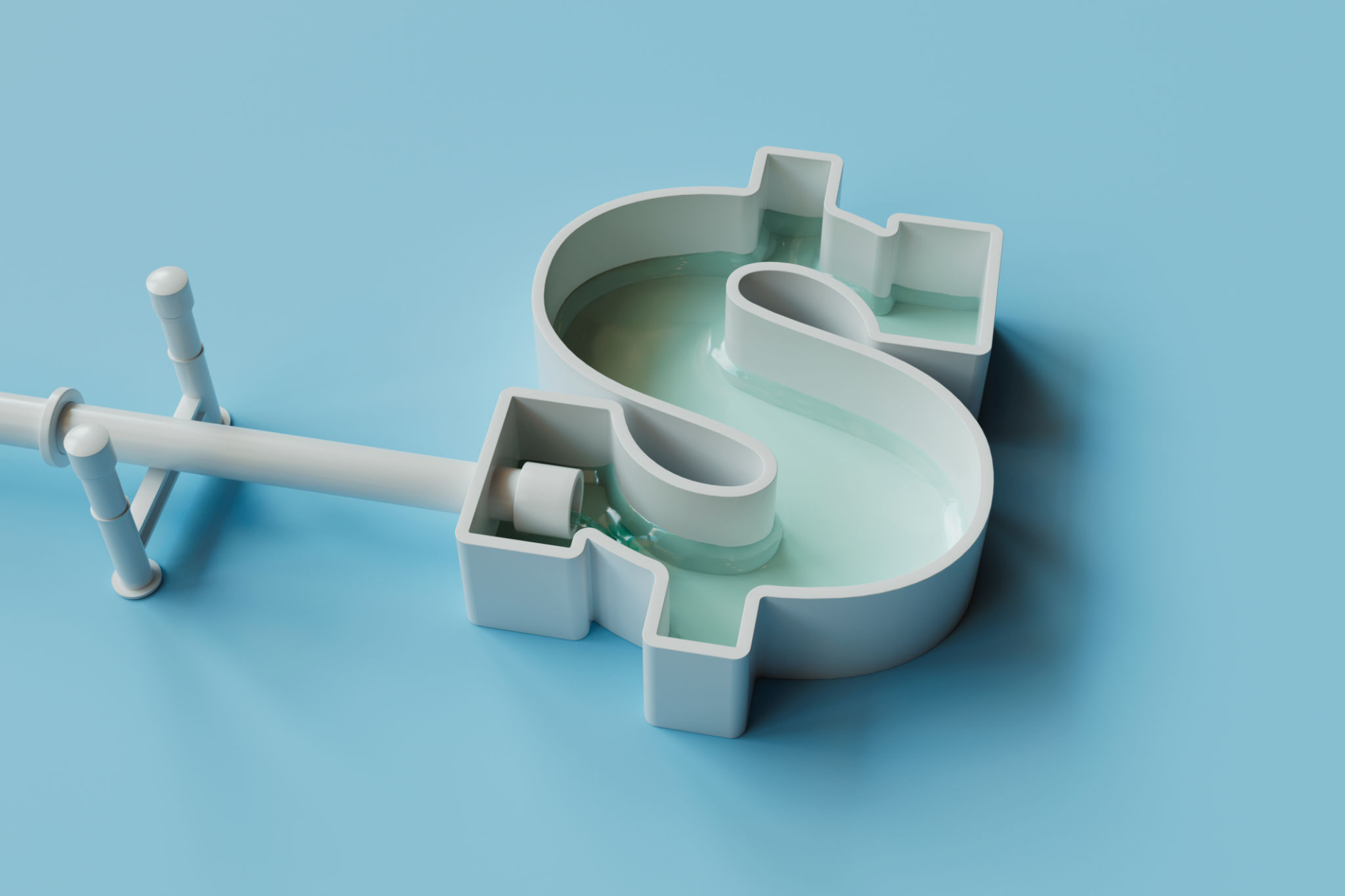Common Mortgage Myths Debunked: What You Really Need to Know
Myth 1: You Need a 20% Down Payment
One of the most pervasive myths about mortgages is that you need a 20% down payment to purchase a home. While having a larger down payment can reduce your monthly payments and eliminate the need for private mortgage insurance (PMI), it's not an absolute requirement. Many lenders offer mortgage options with as little as 3% down for qualified buyers.

Myth 2: Your Credit Score Must Be Perfect
Another common misconception is that only those with perfect credit scores can secure a mortgage. While a higher credit score can certainly help you obtain better interest rates, lenders consider a range of scores when evaluating applicants. There are programs available for those with less-than-perfect credit, such as FHA loans, which are designed to help first-time buyers and those with lower credit scores.
Improving Your Credit Score
If you're concerned about your credit score, there are steps you can take to improve it. Paying off debts, making payments on time, and reducing credit card balances are effective strategies for boosting your score over time.

Myth 3: Pre-Approval Guarantees a Loan
Obtaining pre-approval for a mortgage is a smart step in the home-buying process, but it doesn't guarantee final loan approval. Pre-approval gives you an estimate of what you might be able to borrow based on your financial situation at the time of application. However, the final approval process involves a deeper dive into your finances, including income verification and appraisal of the property.
The Importance of Maintaining Financial Stability
To ensure smooth sailing from pre-approval to closing, it's crucial to maintain your financial stability. Avoid making large purchases or taking on new debt during this period, as it might affect your loan eligibility.

Myth 4: Fixed-Rate Mortgages Are Always Best
While fixed-rate mortgages provide stability with consistent payments over the life of the loan, they're not always the best choice for every borrower. Adjustable-rate mortgages (ARMs) can offer lower initial rates, which might be beneficial if you plan to move or refinance before the rate adjusts.
Choosing the Right Mortgage Type
The key is to evaluate your financial goals and future plans. Consider factors such as how long you intend to stay in the home, your risk tolerance, and current interest rate trends before deciding on the type of mortgage that best suits your needs.

Myth 5: It’s Cheaper to Rent Than to Buy
Many potential homeowners hesitate to purchase a home because they believe renting is more affordable. While renting might seem cheaper in the short term, buying a home can be more cost-effective in the long run due to equity build-up and potential tax benefits.
Long-Term Financial Benefits of Homeownership
Homeownership allows you to build equity over time, which can be leveraged for future financial needs. Additionally, mortgage interest and property taxes are often tax-deductible, providing further financial incentives for owning a home.

